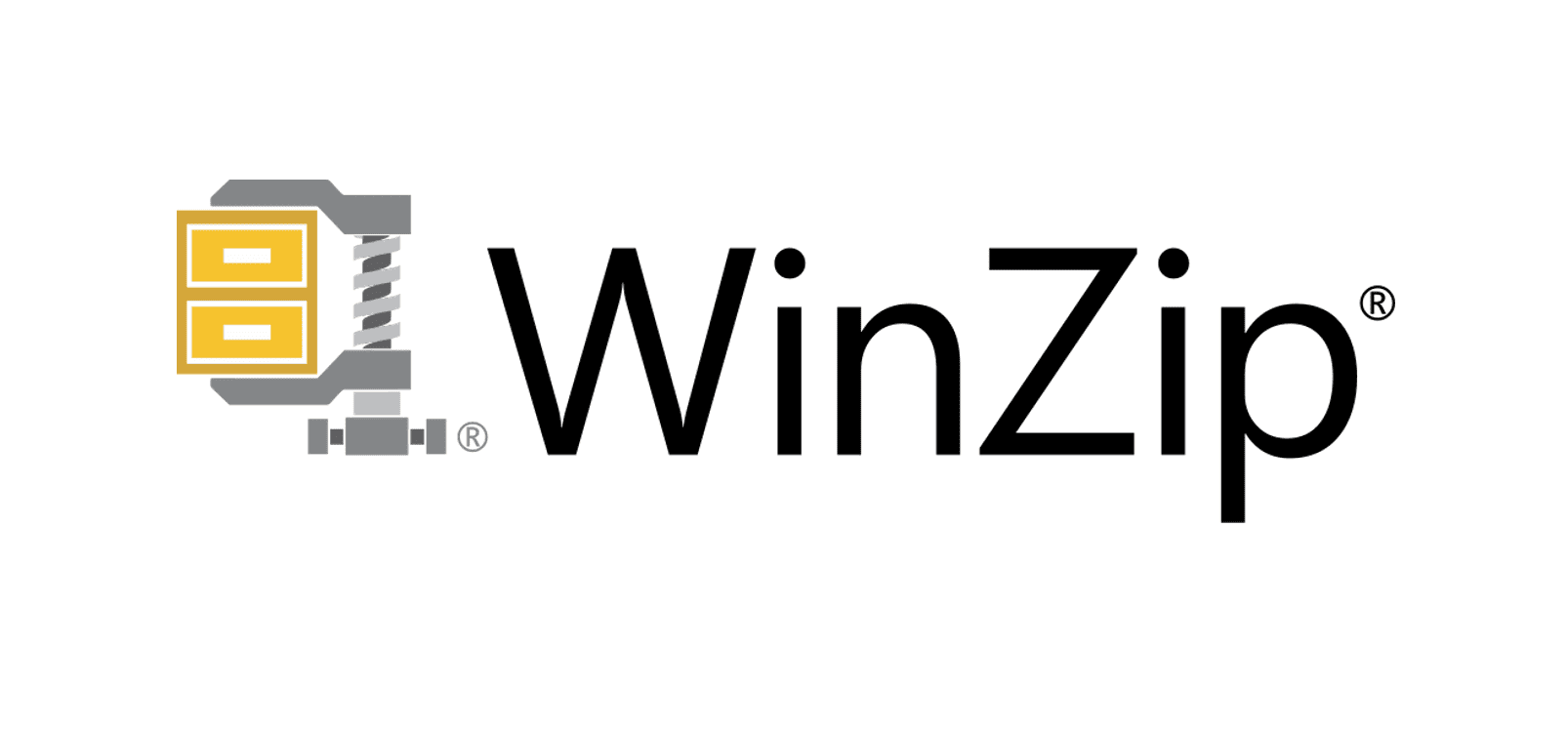
A concerning vulnerability has been discovered in WinZip, potentially allowing remote attackers to execute arbitrary code on affected systems. Tracked as CVE-2025-1240, this flaw resides in the way WinZip parses 7Z files and could be exploited if a user interacts with a malicious file or webpage.
The vulnerability, which carries a CVSS score of 7.8, stems from insufficient validation of user-supplied data during 7Z file parsing. As the advisory explains, “The issue results from the lack of proper validation of user-supplied data, which can result in a write past the end of an allocated buffer.” This out-of-bounds write can then be leveraged by an attacker to execute code within the context of the current WinZip process.
While the vulnerability itself is serious, exploitation requires user interaction. The advisory clarifies that “User interaction is required to exploit this vulnerability in that the target must visit a malicious page or open a malicious file.” This means that attackers would need to trick users into opening a specially crafted 7Z file or visiting a compromised website hosting such a file. Social engineering tactics, such as phishing emails or malicious advertisements, could be used to lure victims.
The potential impact of successful exploitation is significant. Remote code execution vulnerabilities can allow attackers to gain complete control of a victim’s system, enabling them to steal sensitive data, install malware, or even use the compromised machine as part of a botnet.
The good news is that the CVE-2025-1240 vulnerability has been addressed in WinZip version 29.0. Users of earlier versions are strongly advised to upgrade to version 29.0 immediately to protect themselves from this threat. Given the potential severity of the vulnerability, prompt action is critical.